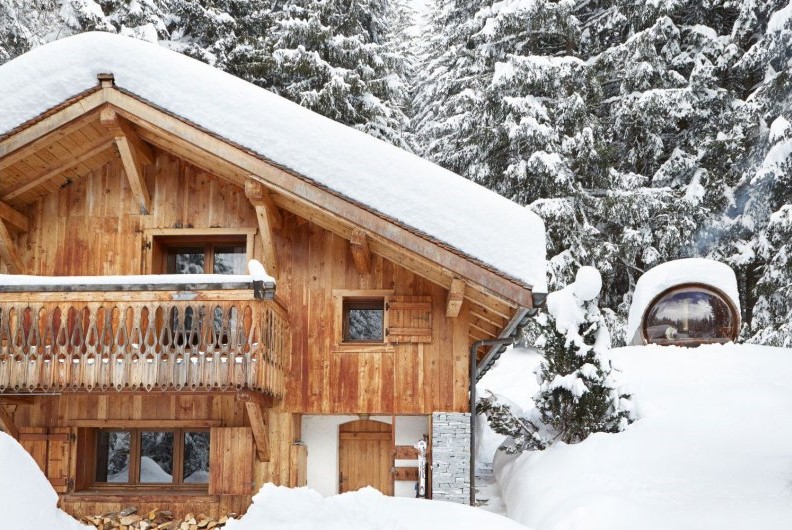Naturals wine uk, with its commitment to minimal intervention and organic practices, has gained significant popularity in recent years. But where did this movement originate? To truly appreciate the essence of natural wine brands, we must embark on a journey through time, exploring its historical roots and the visionaries who paved the way for this revolutionary approach to winemaking.
Ancient Traditions
The concept of natural winemaking can be traced back to ancient civilizations that revered the art of winemaking. In regions such as Georgia, Greece, and Armenia, winemaking traditions have flourished for thousands of years, often with a deep connection to the land and a respect for natural processes. These ancient winemakers embraced organic farming methods and allowed fermentation to occur naturally, harnessing the power of wild yeasts.
Philosophy of Terroir
The notion of terroir, the unique expression of a vineyard’s characteristics in a wine, has long been central to the natural wine movement. The French philosopher and agronomist Jules Chauvet, along with his peers Marcel Lapierre, Jean Foillard, and Guy Breton, were instrumental in reviving this concept in the 1980s. They believed that wine should reflect the soil, climate, and vineyard practices, advocating for minimal intervention during winemaking to preserve the authenticity of terroir.
Biodynamics and Rudolf Steiner
The natural wine movement owes much of its philosophy to the teachings of Rudolf Steiner, an Austrian philosopher and scientist. In the early 20th century, Steiner introduced the concept of biodynamics, which emphasizes the interconnectedness of the vineyard ecosystem. Biodynamic principles encompass organic farming practices, lunar cycles, and the use of specific preparations to enhance soil fertility. Today, many natural winemakers embrace biodynamics as a holistic approach to viticulture.
Natural Wine Renaissance
In the 1990s, a group of rebellious winemakers in France’s Beaujolais region, known as the “Gang of Four” (Lapierre, Foillard, Breton, and Jean-Paul Thévenet), sparked a renaissance in natural winemaking. They sought to challenge the industrialization and standardization of wine production, returning to traditional methods, and working in harmony with nature. Their dedication to minimal intervention and organic farming practices inspired a new generation of winemakers worldwide.
Global Influence
The influence of natural winemaking expanded beyond France and reached different corners of the globe. Winemakers in Italy, Spain, the United States, Australia, and other countries began embracing the principles of natural winemaking, each contributing their own regional interpretations. This global movement brought forth a diverse array of natural wines, showcasing the unique flavours and characteristics of various terroirs and grape varieties.

The Future of Natural Wine
As the natural wine movement continues to gain momentum, it faces both challenges and opportunities. Increased consumer demand and recognition have led to a broader availability of natural wines in the market. However, maintaining the integrity of natural winemaking practices and ensuring transparency in labelling remain crucial for the movement’s sustainability.
The origins of natural wine can be found in ancient traditions, philosophies of terroir, and the visionary thinkers who challenged conventional winemaking practices. From ancient civilizations to the renaissance sparked by the “Gang of Four” and the global spread of the movement, natural winemaking has emerged as a powerful force in the wine world. By honouring the land, embracing organic practices, and preserving the authenticity of terroir, natural winemakers continue to shape the future of the industry. Let us raise a glass to these pioneers and their unwavering dedication.










